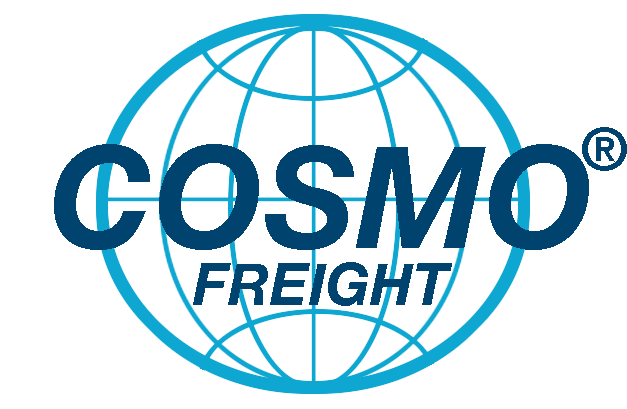The Importance of Preparing Correctly for Importing Goods with Animal-Origin Ingredients in the EU
Navigating the complexities of importing goods with animal-origin ingredients like egg powder and milk into the European Union (EU) is crucial for ensuring compliance, efficiency, and the integrity of the supply chain. Here at Cosmo Freight France, we understand that meticulous preparation is not just a formality but a necessity for a successful import process.
 Why Preparation Matters
Why Preparation Matters
The EU has stringent regulations to protect public health, animal welfare, and environmental standards. Goods containing animal products, even in processed forms like egg powder or milk derivatives, are subject to rigorous checks. Failure to comply can result in delays, fines, or even the destruction of goods at the border. Here’s why:
- Health and Safety: Animal products can be vectors for diseases. The EU requires that these goods meet specific health standards to prevent the spread of diseases like BSE (mad cow disease), avian influenza, or foot-and-mouth disease.
- Traceability: Every step from production to import must be traceable to ensure that if an issue arises, the product can be tracked back to its source. This is crucial for both consumer safety and for maintaining market trust.
- Quality Assurance: Ensuring products meet EU standards from the outset prevents the need for costly corrections or rejections at the border.
Registration in TRACES: A Must for Suppliers and Importers
Both suppliers and importers in the EU must be registered in the Trade Control and Expert System (TRACES), which is an online platform for the notification and certification of intra-EU trade and imports of animals, animal products, and plants. Here’s why registration is indispensable:
- Eligibility: Not all suppliers or importers are automatically eligible to handle or bring in certain types of animal-origin products. Registration in TRACES ensures that only those who meet EU standards can proceed with the import.
- Documentation: TRACES facilitates the electronic exchange of health certificates and other required documentation, making the process transparent and verifiable across borders.
- Compliance: Registration ensures that entities are aware of and comply with the latest regulations, which can change frequently to address new health threats or policy updates.
Pre-Departure Assessment
Before goods leave their country of origin, several assessments must be completed:
- Health Checks: Products must be certified by the competent authority in the country of origin to confirm they meet EU health standards, which includes checks for residues, contaminants, and disease.
- Documentation: All necessary certificates like the Export Health Certificate (EHC) must be prepared, which can be a complex process requiring specific details about the product, its origin, and the processing methods used.
- Logistics: Planning the route, ensuring the goods are transported under conditions that maintain their safety and quality, and coordinating with EU border control posts (BCPs) for inspection.
Understanding Origin vs. Provenance in EU Customs
It’s critical to differentiate between the concepts of origin and provenance in EU customs regulations:
- Origin: Refers to the country where the product was wholly obtained or where the last substantial transformation took place. This determines tariffs and trade agreements applicability.
- Provenance: Often relates to the place from where the goods were shipped, which might not be the same as the country of origin. This is more about logistics and can affect customs procedures, especially if goods transit through multiple countries before reaching the EU.
Understanding these distinctions is vital as they influence the documentation, duties, and the regulatory checks a product might undergo upon entering the EU.
Conclusion
At Cosmo Freight France, we emphasize the importance of thorough preparation when dealing with imports of goods containing animal-origin ingredients. By ensuring all parties are TRACES-registered, conducting pre-departure assessments, and understanding the nuances of origin and provenance, we can facilitate smoother, more compliant imports. This not only protects your business from regulatory pitfalls but also ensures that your products reach their market in the EU safely and efficiently. Remember, in the world of international trade, preparation is not just key; it’s the lock to your success.



